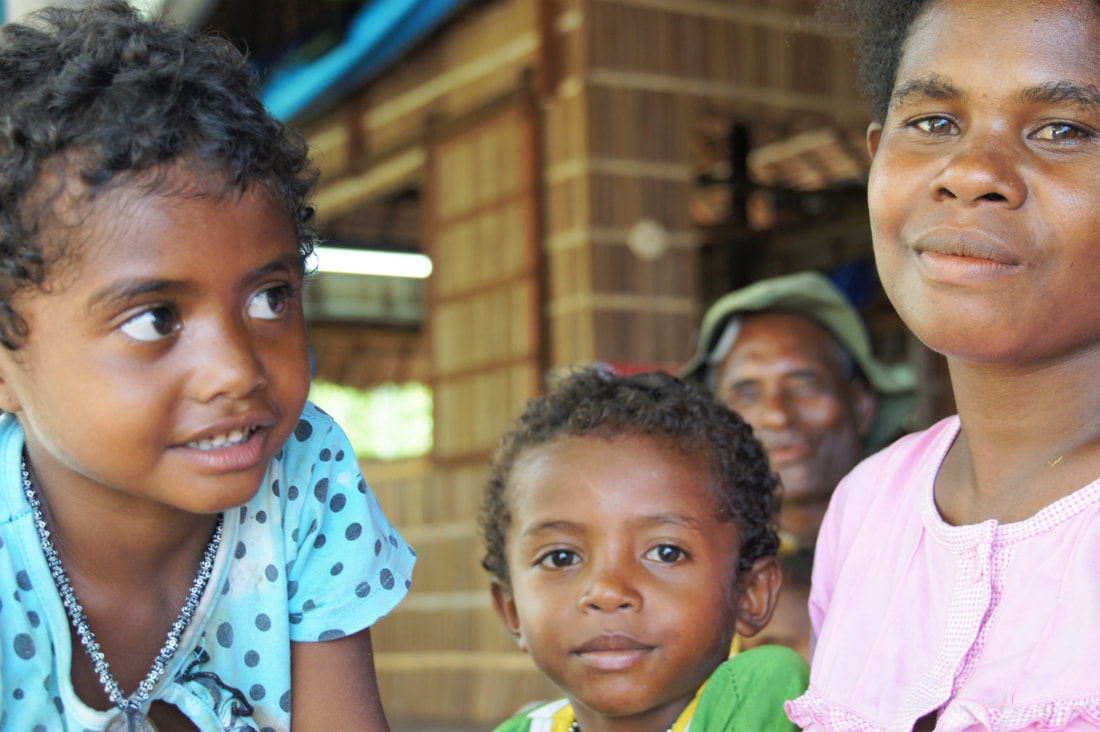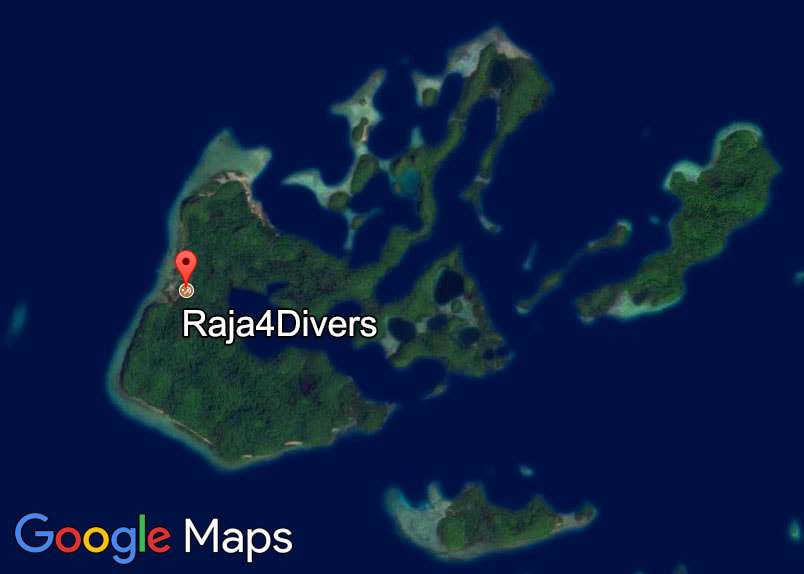|
Back home, calling people by their name is not very complicated. It’s either by first name, if you are acquainted, friends or family, or by last name preceded by Ms. or Mr., if you are on formal terms or in a business environment. In English, it’s often even easier – mostly first names unless the occasion is very formal or business. In Indonesia, addressing people is a whole different story and slightly more complicated – at least to a foreigner like me. As a general rule, one doesn’t call someone by his or her first name only. This would be considered disrespectful and impolite. There is always an addition before the name, such as for example Ibu or just Bu (for an elderly or respected woman) and Bapak or Pak (for an elderly or respected man). Ibu means «mother» and may also be used like «Ma’am», while Bapak translates as «father» and may be used like «Sir». The first name can be added after the address, but it can also be left out. Javanese people use Mbak (for a woman older than yourself) or Mas (for a man older than yourself) and again, the first name may be added or not. Now, that we have our dive manager’s wife and kids on the island, my female colleagues call themselves Tante + first name when talking to the children or mentioning one of their female colleagues to the kids. This is used to address someone older and respected, from the kid’s perspective, I think. For men, the equivalent would be Om + first name. I learned that even family members don’t usually address each other by first names, but more often by using Mbak or Mas, especially if the person is older. For siblings, they may use Kakak or just Kak to address an older sibling and Adik or Ade to address a younger sibling. Are you still following? There's more! I only recently found out that Papuans who are related are not allowed to call each other by their first names. When addressing a family member, they use various terms that, to be honest, I didn’t quite understand and am not able to remember. It seems a lot more complicated with Papuans than with other Indonesians, as soon as family relations are involved. I was told this rule also exists out of respect for the family and seems to be a longstanding tradition. So, the closer you are connected, the more formal you become? Or do they express a certain tenderness by using these terms instead of an official first name? I haven’t really been able to find out yet.
When I first came to work in Indonesia, my colleagues at the office asked me if it was ok for them to call me Ibu Monika, because they didn’t feel comfortable just calling me by my first name. In the beginning, I didn’t understand the full meaning of Ibu. I thought it was only used for old women and felt a little surprised that they would think of me as so old (and - let's face it - to realize that I was surrounded by colleagues so much younger than me!). But then I found out that Ibu is much more about respect than age and quickly got used to being called like this. By now, it almost feels strange when one of my Indonesian colleagues calls me just Monika around here. It is actually very handy to address people by these terms, especially if you don’t remember someone’s name. I suggest we find equivalents in our culture as well. It would save me from embarrassing myself again and again at some of these birthday parties that I’m invited to every year and always dread the moment of standing in front of a person that I only see once a year and who’s name I am completely unable to recall at this very moment…
4 Comments
Tom Shorten
17/7/2020 23:52:09
Thank you for your blogging, we have been to Indonesia for diving several times and have loved the people we met as well as the diving. I appreciate the window on life there you give us. I will keep reading and looking forward to meeting you in January, 2021, when we are scheduled to visit the resort -- virus permitting, of course.
Reply
Monika
19/7/2020 12:09:52
Thank you Tom,
Reply
Monika
27/2/2021 18:16:03
Thank you, Lukas!
Reply
Leave a Reply. |
#TalkingWithMangrovesI never even dreamt of working on a remote island in Indonesia, but life has a way of taking care of itself… Archives
May 2021
|
LocationPulau Pef - Raja Ampat - Indonesia
|
Follow Us
Our Office in SorongJl. Gagak No.7 B, Km 7 Gunung, RT.001 RW.002
Kelurahan Malengkedi, Remu Utara PO Box No.130 Sorong 98416 – Papua Barat - Indonesia Phone +62 (0)811 485 7711 |
Rates and information are subject to change without notice. Terms and Conditions apply. All rights reserved.
Imagery is copyrighted and may not be used without express permission and written consent.
Images and videos of the following photographers / videographers were used for this website:
Barbara Moll, Claudia Peyer, Pere Rubio, Thomas Haider, Filip Staes, Christian Kaufmann, Dos Winkel, Duri Mayer, Jürgen Freund,
Daniel Brinckmann, Amanda Künzle, Joram Zimmermann, Ramon Sibold, Roman Keller, Barbara & Markus Aichinger, Fabienne Hadorn, Andreas Hadorn,
Armin Keller, Marcel Rudolph, Sabrina Inderbitzi, Peter Löseke
© 2024
Imagery is copyrighted and may not be used without express permission and written consent.
Images and videos of the following photographers / videographers were used for this website:
Barbara Moll, Claudia Peyer, Pere Rubio, Thomas Haider, Filip Staes, Christian Kaufmann, Dos Winkel, Duri Mayer, Jürgen Freund,
Daniel Brinckmann, Amanda Künzle, Joram Zimmermann, Ramon Sibold, Roman Keller, Barbara & Markus Aichinger, Fabienne Hadorn, Andreas Hadorn,
Armin Keller, Marcel Rudolph, Sabrina Inderbitzi, Peter Löseke
© 2024


 RSS Feed
RSS Feed

